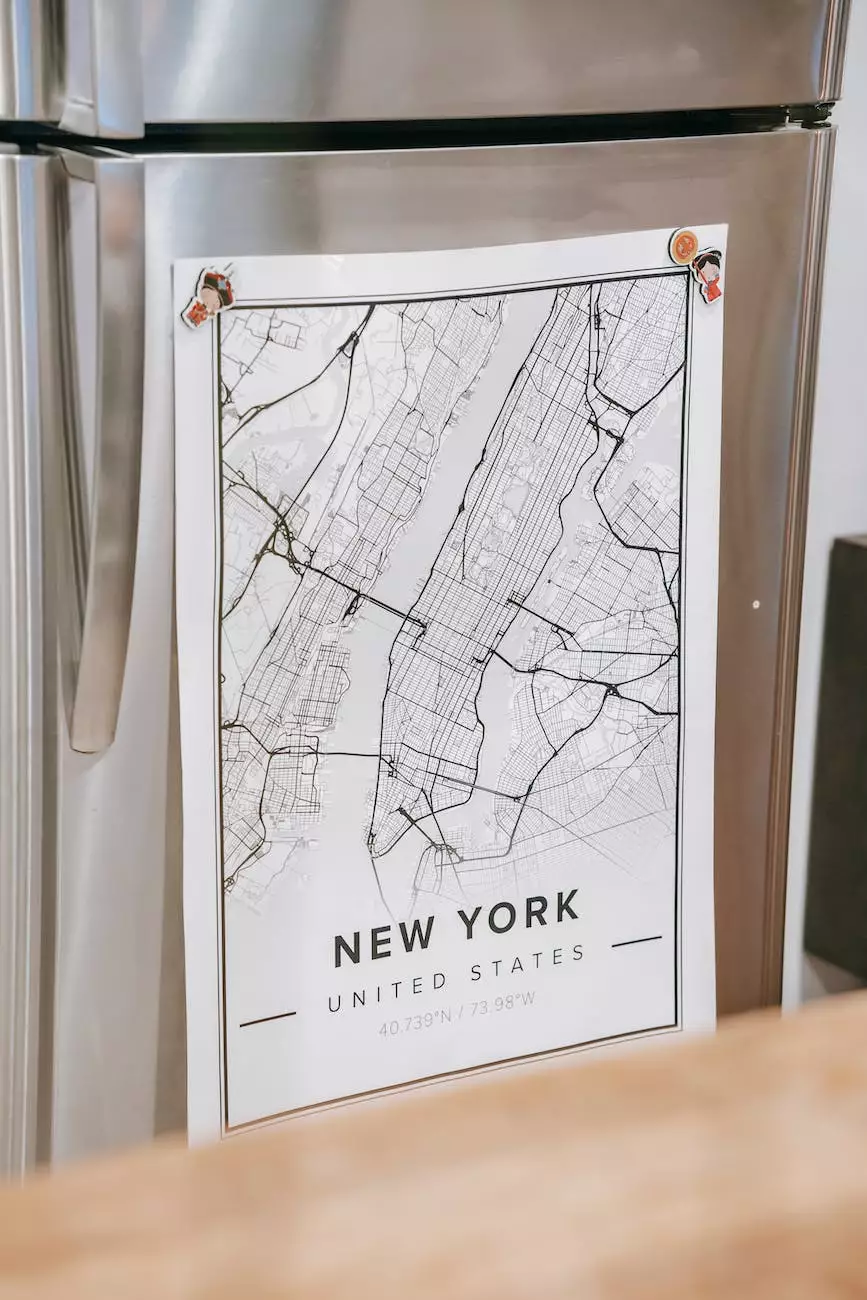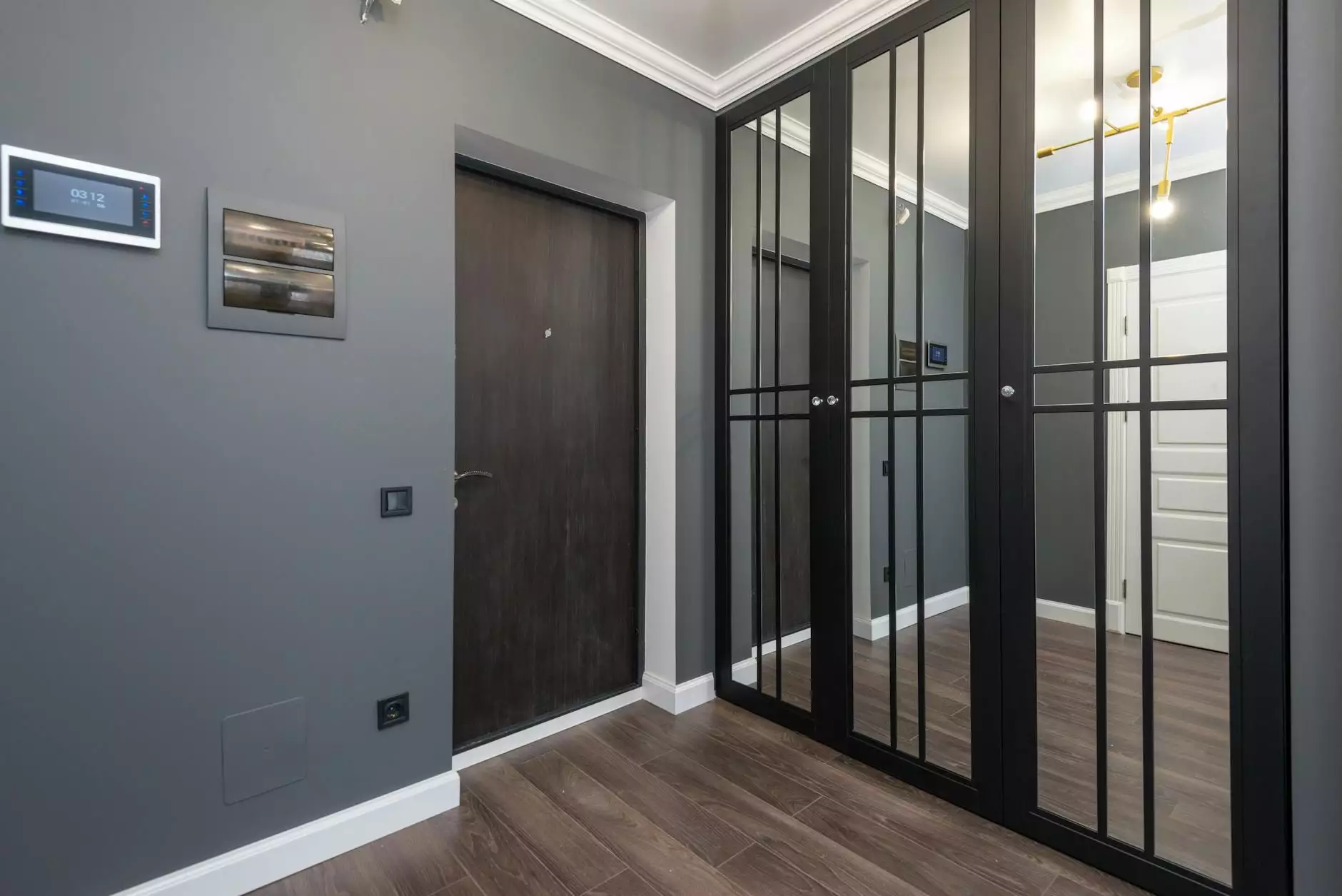Landlord's Guide to Lease Renewals
Property Management
Introduction
Welcome to Results Realty's comprehensive guide on lease renewals for landlords. As a leading player in the business and consumer services - real estate industry, we understand the importance of successfully renewing leases to ensure a stable rental income. In this guide, we will cover everything you need to know about lease renewal procedures, effective negotiation techniques, and why prioritizing lease renewals is crucial for landlords in the real estate market.
Why Lease Renewals Matter
Lease renewals play a vital role in the long-term success of landlords and property owners. By renewing leases, you can secure steady cash flow, avoid property vacancies, and maintain a stable tenant base. Understanding the importance of lease renewals empowers landlords to proactively manage their properties and maximize their investment returns.
Lease Renewal Procedures
When it comes to lease renewals, having a well-defined procedure in place is essential. By following a structured process, you can minimize errors, ensure legal compliance, and foster positive relationships with your tenants. Here are the key steps involved in lease renewal procedures:
- Early Notification: Notify your tenants well in advance of the lease expiration date to initiate the renewal process.
- Reviewing the Lease: Carefully examine the existing lease agreement and address any necessary changes or updates.
- Offering Renewal Terms: Present the renewal terms to your tenants, including details of rent adjustments, lease duration, and any additional conditions.
- Negotiation and Discussion: Engage in open communication with your tenants to address any concerns or negotiate terms, ensuring both parties are satisfied with the renewal terms.
- Documentation: Draft a new lease agreement or update the existing one to reflect the mutually agreed-upon terms.
- Execution: Once both parties have reviewed and approved the renewal terms, sign the new agreement to finalize the lease renewal.
Tips for Successful Negotiation
Effective negotiation skills play a crucial role in lease renewal discussions. Here are some tips to help landlords navigate successful negotiations with their tenants:
- Research Market Trends: Stay informed about the current rental market trends, such as rental rates and demand, to set realistic expectations during negotiations.
- Know Your Tenants: Understand your tenants' needs, preferences, and financial situations to tailor the renewal terms accordingly and increase the chances of a successful negotiation.
- Flexibility: Be open to reasonable requests from tenants, such as minor changes in the lease agreement or adjustments in lease duration, to maintain a positive landlord-tenant relationship.
- Offer Incentives: Consider offering incentives, such as rent discounts or extended lease terms, to encourage tenants to renew their lease and foster loyalty.
- Communicate Clearly: Clearly articulate the benefits of lease renewal to your tenants, highlighting advantages such as stable rent, continued property maintenance, and dedicated customer service.
- Professionalism: Maintain a professional demeanor throughout the negotiation process, ensuring clear communication, respect, and transparency.
The Benefits of Prioritizing Lease Renewals
As a landlord, prioritizing lease renewals can yield numerous advantages beyond financial stability. Here are some key benefits:
1. Reduced Vacancy Rates
By successfully renewing leases, you minimize the risk of vacancy periods, ensuring a consistent rental income stream and avoiding the costs associated with advertising, screening new tenants, and property turnover.
2. Cost Savings
Renting a property to an existing tenant requires fewer expenses compared to finding new tenants. Lease renewals eliminate costs related to cleanings, repairs, and marketing efforts.
3. Tenant Retention
Building strong relationships with your tenants is essential for long-term success. Prioritizing lease renewals helps foster loyalty and trust, leading to more satisfied tenants who are likely to stay for years.
4. Streamlined Operations
By focusing on lease renewals, landlords can streamline their operations as they already have a solid understanding of the property's condition, tenant history, and potential risks, minimizing surprises and ensuring seamless property management.
5. Stable Cash Flow
Renewing leases guarantees a stable cash flow, which is essential for managing expenses, mortgages, and property improvements. Reliable rental income allows landlords to plan for future investments and address financial obligations.
6. Competitive Advantage
Proactively prioritizing lease renewals demonstrates professionalism and dedication to tenant satisfaction. This can give you an edge over competitors in the real estate market and attract quality tenants who prioritize stable, reliable landlords.
Conclusion
In conclusion, as a landlord or property owner, understanding the intricacies of lease renewals is crucial for long-term success in the real estate industry. Results Realty's guide to lease renewals has provided you with comprehensive knowledge on lease renewal procedures, negotiation tips, and the benefits of prioritizing lease renewals. By effectively navigating the lease renewal process, you can secure steady rental income, maintain loyal tenants, and optimize your real estate investments. For further assistance or professional guidance, feel free to reach out to Results Realty, where our team of experts is always ready to help you maximize your leasing potential.




